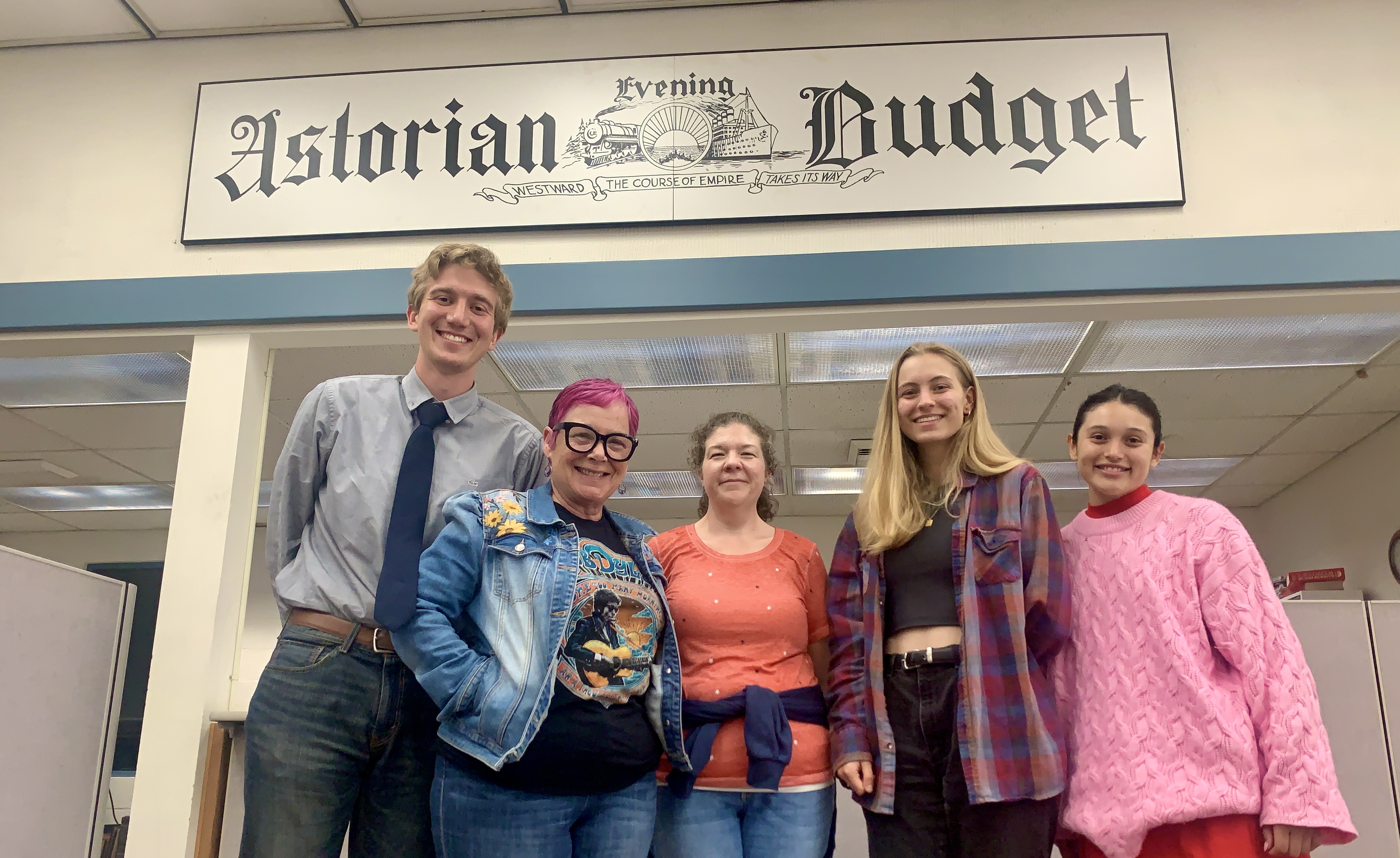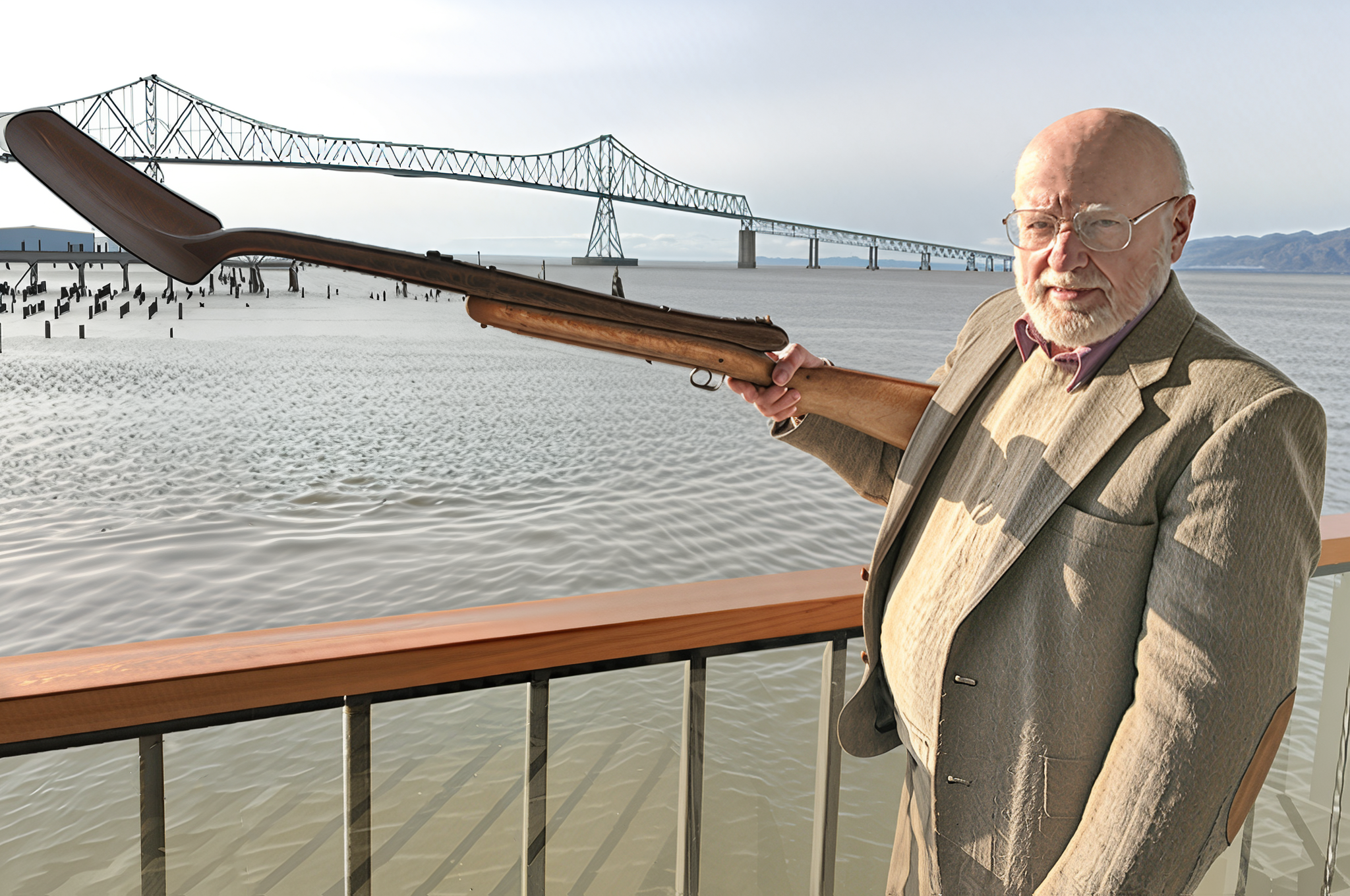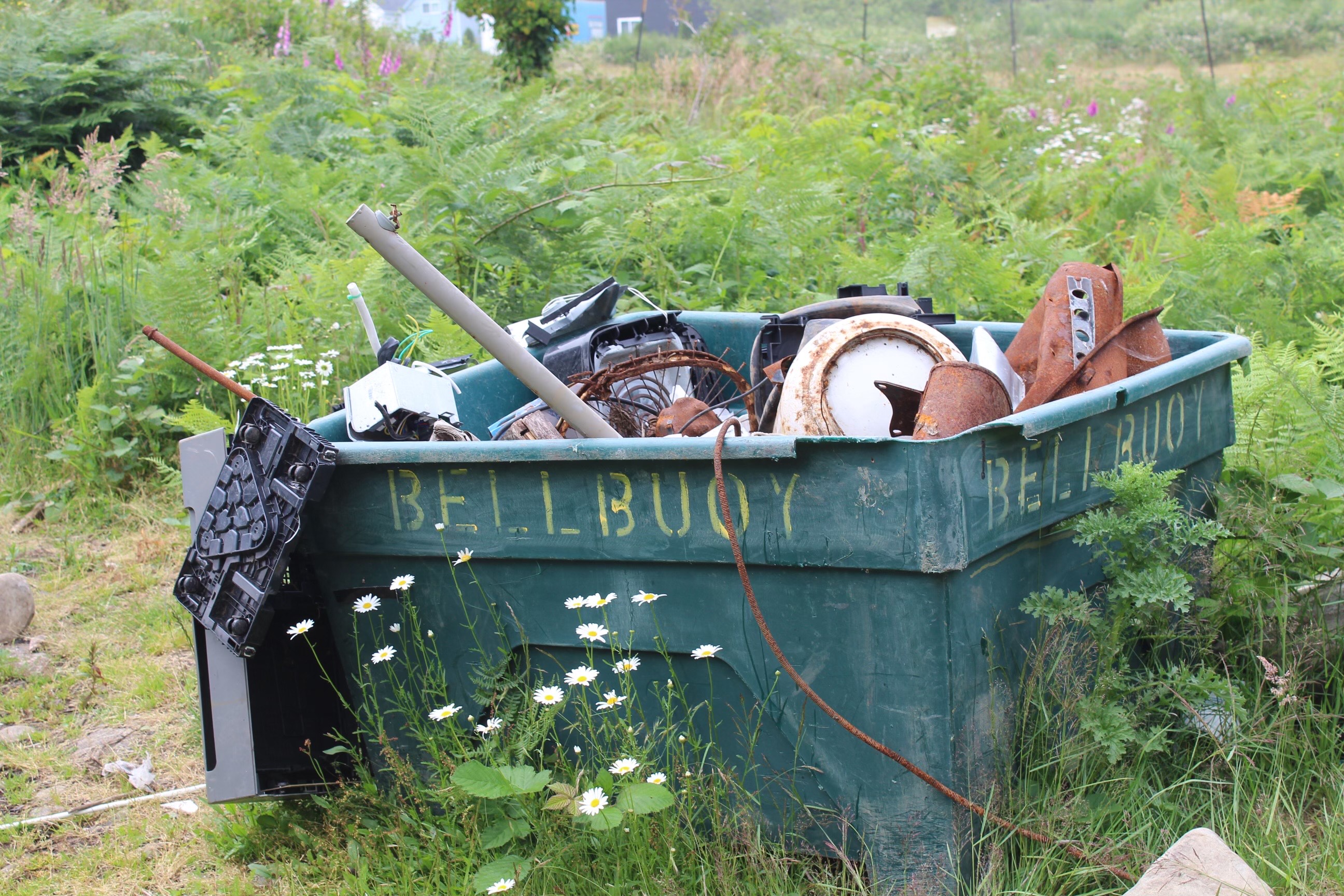Well Preserved: Brownsmead Grange No. 822 42880 Fish Lane, Brownsmead
Published 10:11 am Wednesday, April 13, 2016

- Another historic scrim, perhaps dating to the 1940s, hangs on a back wall.
BROWNSMEAD — When Matti Raihala was a boy, he and his father, Ray, frequented the Brownsmead Grange. The elder Raihala once served as grange master. Together, they attended meetings and helped out around the building.
There were family nights, too, and Raihala remembers playing basketball, pickle ball and volley ball with other children. Today, Raihala has followed his father’s lead and become grange master.
The grange, set between sloughs and agricultural fields, appears to be far way from anything in particular. Yet, it is Brownmead’s cultural center: treasured by its community members who maintain the valuable asset.
Brownsmead gained its name from W.G. Brown, a Portland engineer, who diked the wetlands. Diking began as early as 1914. By 1917, dairy farms spread across new pastureland; the community grew accordingly.
Local farmer Frank Butler sought to organize fellow farmers who included Finns, Norwegians, Danes, Germans and even a few Dutch. He established the Farmers Club which in turn constructed the grange building. In 1934, the club joined Patrons of Husbandry, a national grange order, and became Brownsmead Grange No. 822.
“If it needs to be done, we try to take care of it,” asserted Raihala. “We rely on volunteers as much possible to do the work.” Although community members provide the bulk of the labor, the grange has used students from Tongue Point Job Corps Center.
The present to-do list includes improving drainage near the building, constructing an outdoor cooking area, updating electrical service, and reinforcing support beneath the building. It will all be completed, but it takes time to raise money for materials.
Raihala is excited to bring new fund raisers to the grange, while revitalizing old events, “We have an ambitious list of things to do…all with volunteers,” he said. A farmers’ market, for instance, is under consideration. In the meantime, a chili feed will be held on April 15. The dinner, which includes a cook-off, will run from 5 to 7 p.m.
Brownsmead’s best known fund raiser is the corn feed in September. Large crews put in long hours to prepare the meal. Raihala remembers as a boy, getting up at 3 a.m. to start husking corn for the event. Now, he is joined on an early morning shift by Sen. Betsy Johnson.
Long-time community member Jon Westerholm, a former grange master, is also there to assist Raihala. “You can’t believe how many people show up if there is something to do to support the grange,” said Westerholm, who also leads the Brownsmead Historical Society. He says an annual rummage sale, sponsored by the Society, generates additional funds.
Paul Kallstrom, who also lends a hand at grange activities, said his grandparents were members of the grange as were succeeding generations. “We used to have Scandinavian dances here: polkas, schottische, you name it. We had a fiddler, and a guitar player,” he reminisced. Kallstrom’s father was a radio man in the service. “When he returned from World War Two, he acted as a DJ if there wasn’t a band,” Kallstrom claimed. “He had a big selection of 78s.”
There were Christmas plays, too. Kallstrom said the plays were first produced by the school, then by the Brownsmead Lutheran Church. “Santa would come in after the play and hand out oranges,” he remembered. “There used to be a lot of kids down here when this was a thriving place.”
“We had a haunted house here on Halloween when I was a kid,” added Raihala. “We also had roller skating.” Basketball holds a special memory. “My dad said there was a home court advantage here. On one side of the court is a wood stove,” he explained. “If your opponent ran into the stove, you could get a clear shot to the basket.”
Brownsmead may no longer be a bustling agricultural area, but one element has not changed: its sense of community as manifested through the grange. Both Westerholm and Kallstrom believe the grange is a “big part” of the area’s past.
However, Raihala sees its place in the future. Formalities associated with early grange ceremonies have been set aside. “Pomp and circumstance is not our style,” he said. Raihala wants to extend the grange’s welcoming tradition to anyone interested in participating. “You don’t have to live here to be a part of it,” he asserted. “We meet the first Saturday of the month. Come and join us.”
For more information about renovating an old home or commercial building, visit the Lower Columbia Preservation Society website at www.lcpsweb.org.









